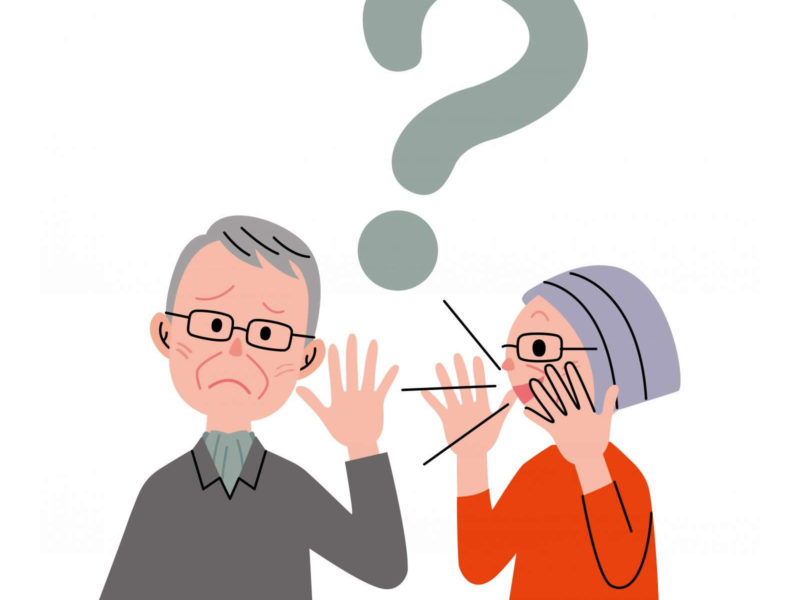Japanese study finds convincing evidence that hearing loss in older people is associated with restriction of outdoor activities, anxiety, and memory loss
Hearing loss is the world’s fourth-leading cause of years lived with disability. The condition may worsen an array of mental, physical, and social complications. As over 90% of hearing loss is age-related, its burden is notably growing amid aging populations.
Hearing ability is integrally tied with communication, and hearing loss leads to communication barriers. This in turn increases stress and restricts the ability to venture outdoors. It may also be tied with cognitive decline and dementia.
A team of Japanese researchers centered at the University of Tsukuba sought to shed further light on the relation of hearing loss and other illnesses among older people. They examined three key areas and found hearing loss had a clear link with all three, especially memory loss. The researchers reported their findings in the journal, Geriatrics & Gerontology International.
The team took advantage of the large-scale 2016 Comprehensive Survey of Living Conditions of Japan, a nationwide, population-based cross-sectional questionnaire of more than 220,000 households. From this, they targeted 137,723 survey respondents aged 65 or older and without dementia. The survey’s self-reported responses on conditions including hearing loss allowed valuable comparisons to be made.
“Japan is the world’s most rapidly aging country, and this is a large and compelling data set of its citizens,” lead author Masao Iwagami says. “It was a solid foundation for examining correlations between hearing loss and three key problems: outdoor activity limitations, psychological distress, and memory loss.”
About 9% of the 137,723 survey respondents examined had reported hearing loss. Their responses also showed the condition increased with age. The researchers further adjusted and refined their analysis to account for factors such as smoking, alcohol intake, and income. The differences between those with and without hearing loss were quite telling.
Of those reporting limitations in outdoor activities such as shopping or travel, 28.9% of those with hearing loss were affected vs. just 9.5% of those without. For psychological distress it was 39.7% vs 19.3%. For memory loss, the gap was the most profound: 37.7% vs 5.2%. These patterns were similar irrespective of age or sex.
“Hearing loss takes an enormous toll on older people in so many ways, physically and mentally, while limiting activities of daily living,” study co-author Yoko Kobayashi says. “Greater awareness of the burden of hearing loss will help improve their quality of life. Measures such as hearing aids and social support by volunteers in the community can also provide them with assistance.”

